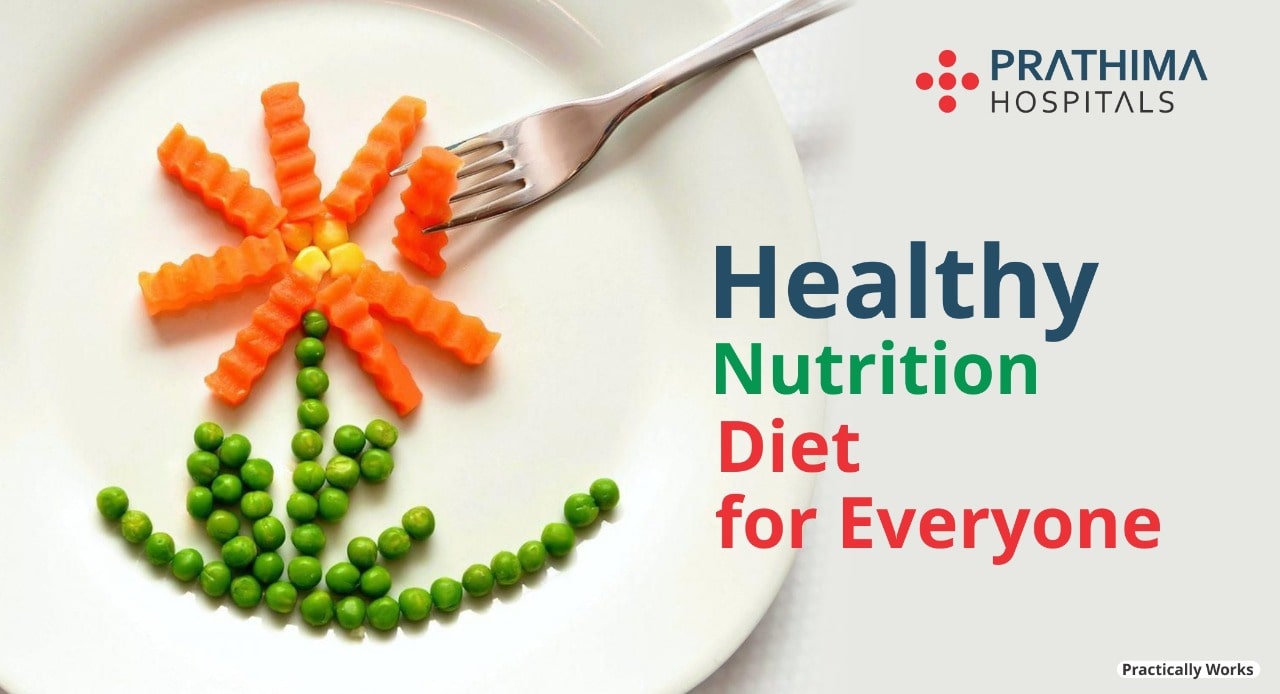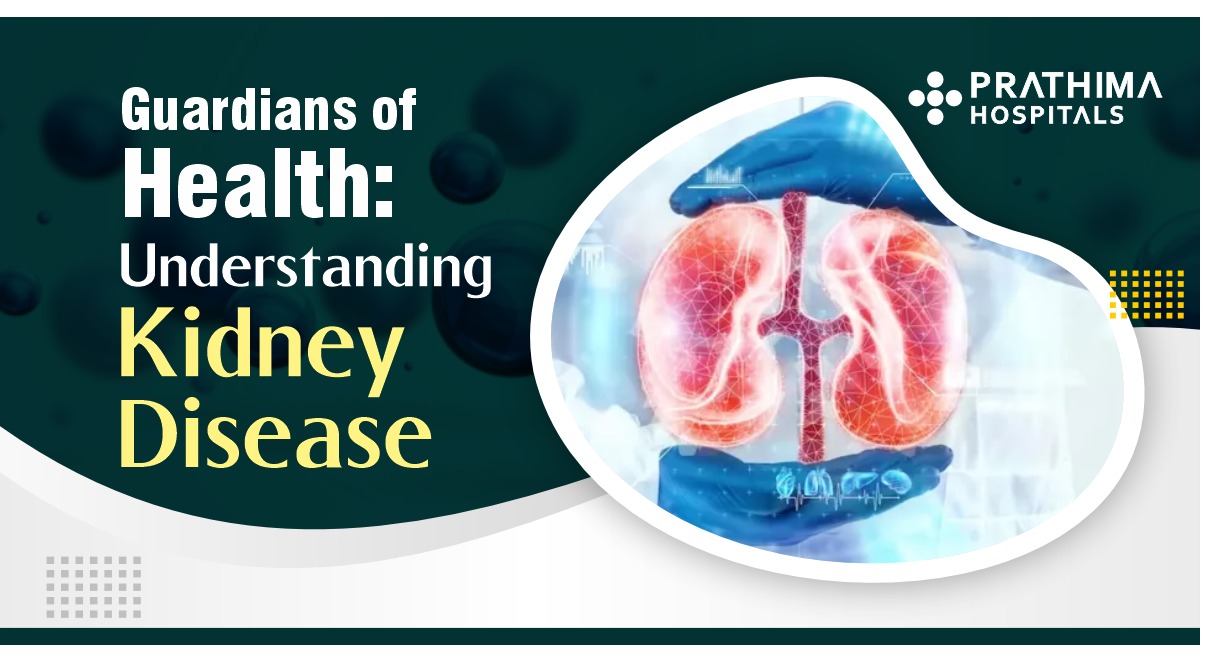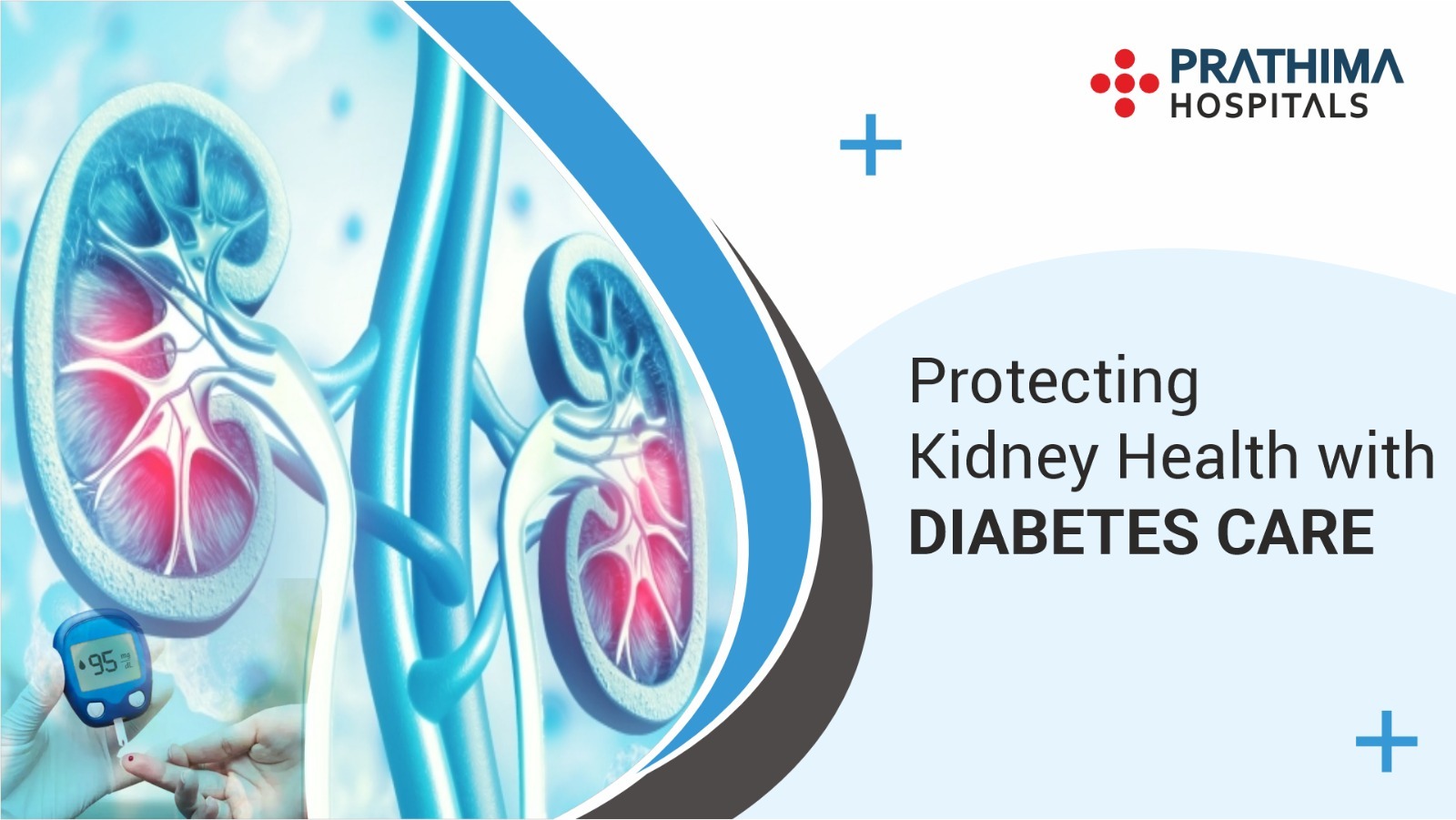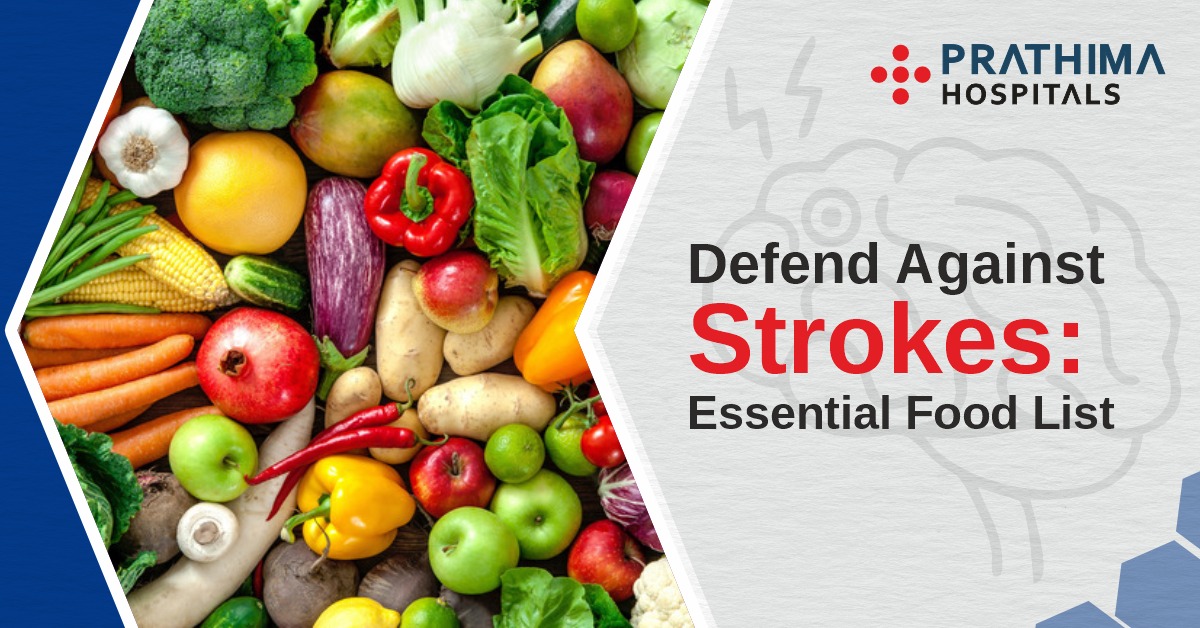Healthy Diet for Everyone – Include Rich Nutrients In Diet

Many people have yet to set up a proper healthy diet plan necessary for a healthy life. There are several healthy nutrition diet plans available, based on the age factor, health complications. Some of the diet plans are purely for an individual’s specific needs. Beyond all of these, there is a constant and routine healthy nutrition diet, which is essential for an individual.
Let’s get into the details of healthy diet…
A healthy lifestyle starts with a key which is called “Healthy Diet at Right Amount.” Having a healthy diet doesn’t matter, but having a healthy diet at the right time is also much more important. Our body needs necessary essential fibres, carbohydrates, vitamins, minerals, proteins and healthy fats at the right quantities regularly. This is the common fact everyone should check whether they are taking the right portion of all essentials in their food.
An excessive amount of food or water intake may cause weight gain, and less food or water intake may cause weight loss. So, a Balanced diet is necessary for your overall health. There are wide range of foods in different modes available to provide daily essentials to your body.
According to the research, 2500 calories a day for men and 2000 calories a day for women are recommended. Most of the people tend to take more calories beyond the recommended amount. This will lead to overweight and leads to other health complications.
Fibre Rich and starchy Carbohydrates
High fiber-rich foods are more important for your body. Foods like whole-grain, along with their skin, boosts rich fiber intake. Starchy carbohydrate foods like potatoes, bread, rice and cereals around the third portion of your daily meal intake are suggestible.
It is better to add at least one starchy food in each meal portion for a balanced diet intake.
Myth “Starchy foods help the body to become fattening.”
True “Carbohydrates contain half the calories of fat.”
Be Conscious while taking carbohydrate foods for calories. Oily chips, butter with bread, pasta and creamy sauces increase the calorie count.
Veg and Fruits Rich healthy diet
The recommended portion of vegetables and fruits per day should be five equal portions in meals (i.e., each meal should include fruits and vegetables. 5 small portion meals per day). One should eat fresh vegetables and fruits daily. If not possible, then can go with frozen, canned, or juice format. But make sure to fulfil five portions of intake per day.
Fresh / Canned or frozen fruits and vegetables prefer to have at least 80grams and dried fruits up to 30 grams in your daily diet. Or else 150ml fruit juice or veg juice (Like carrot juice, beetroot juice or any other veg/fruit juices). But make sure to limit the juices’ intake as much less as, because raw fruits contain more fibres than juices. Having fresh raw fruits will reduce the constipation problem within no time.
Note: While taking fruit juices, it is always suggestible to avoid adding sugar or keeping the freezer’s juices for a long time before taking.
Omega – 3 Rich Foods
“Heart attack has become one of the common and threatful diseases in all generations.”
Omega-3 fats reduce the risk of heart diseases.
Oily fish is rich in Omega-3 fats. Omega-3 fats are rich in Salmon, Trout, Herring, Mackerel, etc.
Omega-3 is also rich in Chia Seeds, Walnuts, Flax Seeds, etc.
Add Omega-3 rich food in your diet at least once in your daily diet.
Reduce Sugars and Saturated fats
Intake of fats is essential, but at the same time, you should be conscious about what kind of fats you are taking in your diet.
Fats classified into Two:
- Saturated Fats
- Unsaturated Fats
More intake of saturated foods will increase cholesterol levels in the blood. Storage of cholesterol in your blood will increase the chances of heart diseases. On average, 30grams of saturated foods for men and 20grams of saturated foods for women are ideal per day.
A couple of saturated foods are Cakes, Biscuits, Pies, Cream, Butter, meat, etc.
To avoid saturated fats, shift to unsaturated foods like vegetable oils and oily fish.
All the timeless amount of oil intake is suggestible. A small portion of oily foods is good for health.
Sugars
Sugars are high in energy / rich in calories. Too much intake of high calories will increase the chances of diabetes and cholesterol levels as well. In addition to this, sugars can increase tooth decay problems.
Packaged foods or drinks are rich in sugars and carbonated beverages are also composed with more sugars that are not suggestible for any age group.
Before consuming any sugary foods, it is good to check the sugar quantity composition on the pack.
Note: Drinking or eating Sugary foods before sleeping time will increase the chances of tooth decay. So, avoid such practices.
Reduce Salt Intake
Salt is the major cause for increased blood pressure. Blood pressure also leads to heart diseases and stroke. Packaged foods are composed with more salt for storage for a long time.
Daily food intake already contains 3 portions of salt recommended for daily consumption. So, it is better to conscious while adding sale to your foods. On average, 6grams of salt intake per day is good; more than that will cause health problems. Adults aged 30+ should reduce more quantity of daily salt intake as recommended.
Exercise and Weight Balance
Exercise and weight balance are interrelated. Exercise and related active practices should be a daily routine to keep your body weight balanced.
30 Minutes of daily Physical activities are suitable for a healthy lifestyle.
Flexible body movements improve daily routines to do more activities and enhances the progress as well. It is always good to check your weight daily and accordingly practice physical exercises.
Drink Water
Most of the people tend to take water significantly less amount than the suggested water intake. This is another major problem to your body. The human body required sufficient water intake to do its functionality without interruptions. For this, everyone should take at least sufficient water.
6 to 8 glasses of water a day is suggestible. In addition to this can add-up Low-fat milk, Free sugar drinks, tea or coffee, fruit juices without sugar, etc.
Breakfast
Breakfast plays a key role in your daily routine activities to start with good health. A healthy breakfast with the combination of fibers, calories, low amount of fats is suggestible.
An intake of breakfast with a balanced composition of essentials will lead the body to function correctly the whole day. So, Do not skip your breakfast.
Conclusion
Most of people suffer from various health problems. All of those start with unhealthy food habits from long back. This is the primary cause of unwell. Instead, shifting to healthy foods with a balanced diet plan will give the best way to lead healthy habits.
Eat a healthy diet with the combination of daily essentials like Carbohydrates, Fats, Proteins, Vitamins, Minerals and Water.
Small portions of meals number of times (at least 5 times in a day) is suggestible rather than large meals. Allow 2 to 3 hours in between each meal. This will help the body to digest foods properly and use them for body functionality. Skipping breakfast is a big mistake, so never skip your breakfast and should maintain daily essentials in it. Reduce Intake of sugars, salt and saturated foods.






